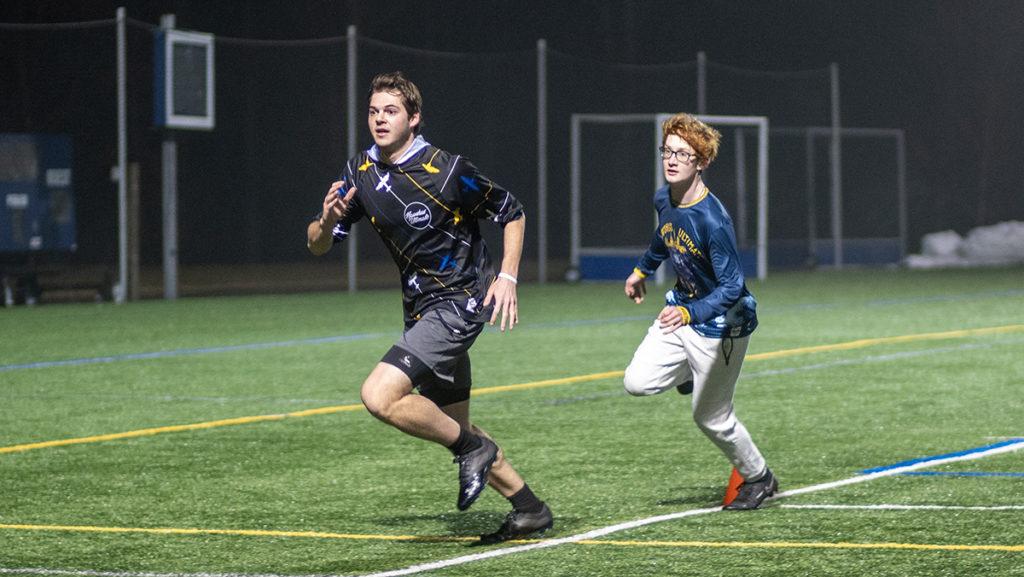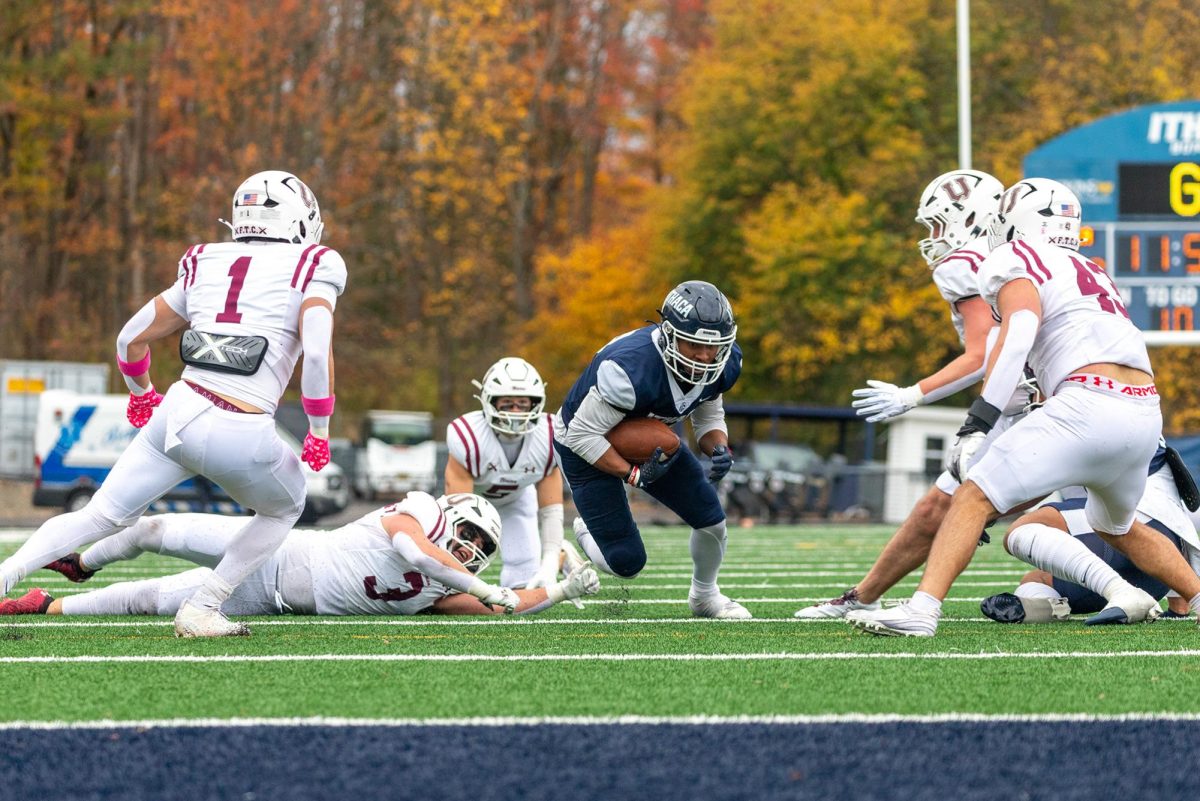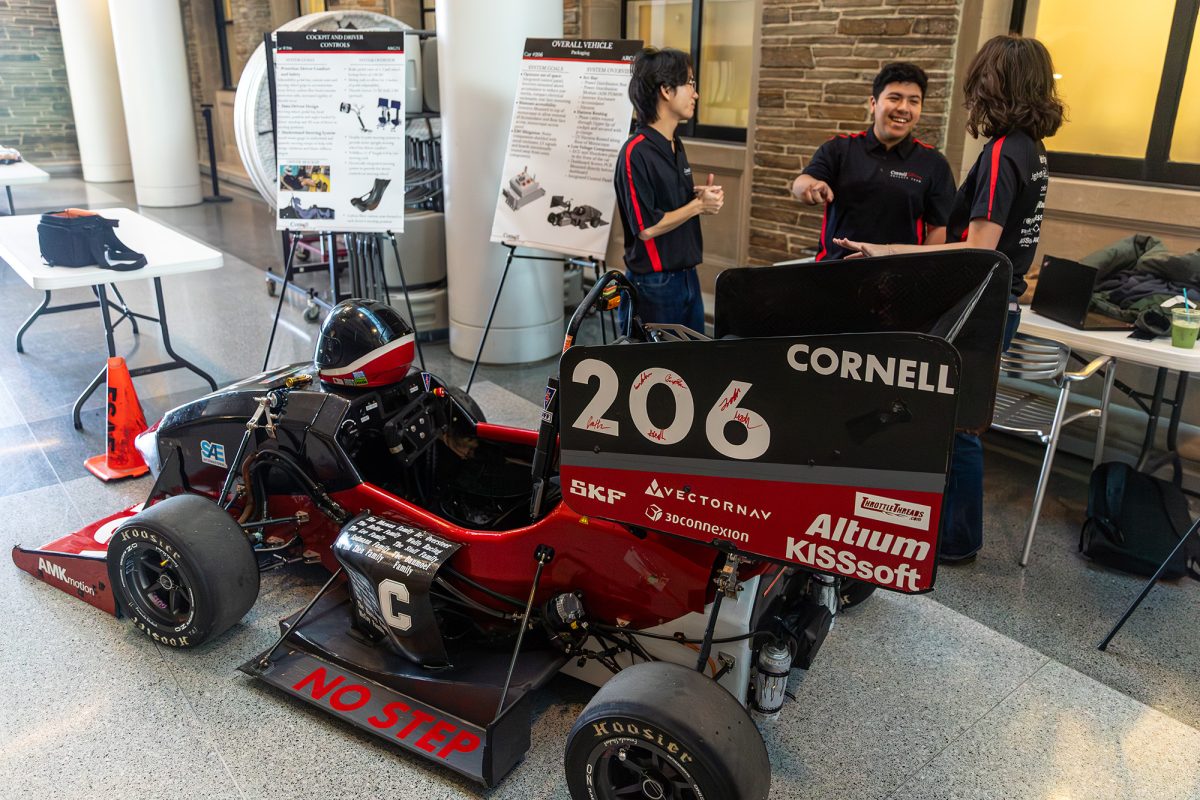At the beginning of the semester, as club sports were beginning to get ready for another season of action, updated enforcement of club sports policies changed the plans for many clubs as they started their spring terms.
While not all of the policy changes affected each club, the one that was set across the board was that starting this semester, at least three members of a club sports team have to be CPR certified. Sophomore Julia Freitor, secretary of ICircus, Ithaca College’s circus club, said the course cost $40, lasted five hours and was only offered by the college during the first two weeks of classes.
That policy, according to Sean Reilley, associate director of Recreational Sports, had already been in place before this semester but is just now being enforced by his office for the year.
“[The CPR requirement] was actually just us being a little behind on checking off the administrative boxes,” Reilley said. “The CPR certification requirement has been in place for club sports for longer than I’ve worked here. Normally that’s something we focus on early in the fall, but we just got behind this year.”
The changes in enforcement, along with the timing of the changes, were not received well by the students in club sports. Freitor said that the changes were communicated with members of club sports via a Zoom meeting, which students were only alerted to in an email during the first week of classes that was sent out late at night. Freitor said she was frustrated by the lack of communication between the Office of Campus Recreation and the clubs during the winter break when these new enforcements were announced.
“If they would be really transparent with club sports and be like, ‘We know we’ve never ever implemented this in the past, but the college is forcing us to step up, you have to do these things, here’s ample time for you to get them done,’ that would have been OK,” Freitor said.
Another club facing more demanding accommodations is the men’s and women’s club ultimate frisbee teams. Senior men’s captain Elliot Mintz said the regulations specific to club ultimate have been that alumni are no longer allowed to participate in the fall tournament that the team hosts and that the club can not play against non-college associated teams in tournament play.
“Historically, we invite Ithaca alumni to come participate in our opening tournament of the year, and historically the alumni had been allowed to participate in that tournament playing against both Ithaca College and other schools,” Mintz said.
Mintz said while the regulations have been tough for the club, important communication between recreational sports and the club was lacking during the fall.
“I think we found out about three weeks before the tournament that alumni would not be able to participate,” Mintz said. “We thought it was more of an issue with hosting the tournament at Ithaca College and not having alumni play on our fields.”
Talking about the new changes, Reilley said that his office has been trying to bring the standards of club sports up to the standards of the rest of the college while also focusing on the safety of those participating in club sports.
But for the club ultimate team, the previous changes were not the only ones with more enforcement this year. The policy states that any club that is traveling over 90 miles away from campus cannot use personal vehicles. Mintz said that the policy had been in place for a while, but that it was not enforced until this year, which has forced the club to charter coach buses for tournaments, costing the team between $2,500 and $3,500 for each trip.
“The actual policy says that travelers will utilize the most economical mode of transportation necessary for their trip,” Mintz said. “So another option is to take rental cars, or Ithaca has a fleet of vehicles that clubs are supposed to be able to take. When we brought this up to club sports, because it would save us a significant amount of money, they said no.”
Mintz said that what he heard from officials was that the change was being made for the health and safety of the team, as officials do not want tired members of the team driving back to campus late at night.
Because of the cost to the club, Reilley said that club sports has nearly doubled their allocation of funding to the club ultimate team to help offset the money needed to pay for transportation.
Going forward, one thing that club sports officials will be focused on is timing. Reilley said that circumstances related to members of the staff catching COVID-19 forced a rushed implementation of the regulations, but that in the future he would like to give more notice to club sports officials on policy changes.
“So we sent an email out detailing the new policy changes, and that was right before the start of the semester,” Reilley said. “And honestly, the timing on that was not great. … So we just got behind on all of our administrative things. In the future, it would definitely have a lot more notice than that, that was something we could have done better with.”
But with the delays in sending out the email, Freitor said that she feels like the college has been letting club sports down, and she believes that the school has not seen their wants as an important factor.
“It just feels like we’re not being thought of as a priority,” Freitor said. “You know, if they had thought of these things at least before winter break, they would have given us all time over winter break to actually find cheap CPR classes, find cheap modes of transportation, actually find other sources of fundraising or something. But dropping it on us last-minute during the first week of classes was crazy.”














